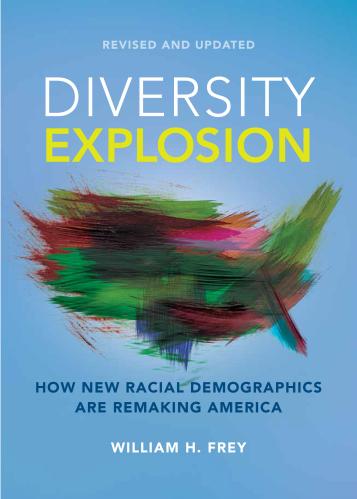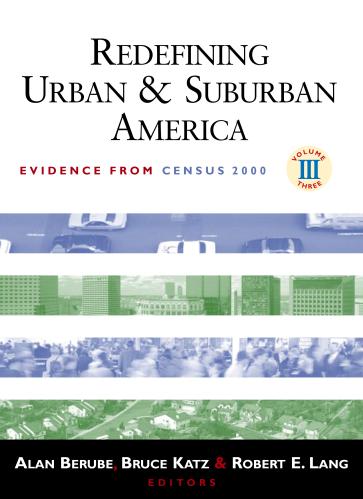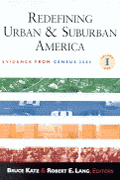Household change may serve as a better predictor of changes in housing demand, tax base, and services needs than population change. This survey uses 2000 Census data to analyze changes in the number and composition of households in 102 large metropolitan areas between 1990 and 2000. It finds that growing cities are adding population faster than households, and that declining cities are losing population faster than households. The types of households contributing to growth and decline vary widely across the U.S., and challenge conventional notions of who lives in cities and suburbs. Singles now make up a larger share of suburban households than married couples with children. At the same time, “married with children” families are on the rise in many cities in the South and West.
The Brookings Institution is committed to quality, independence, and impact.
We are supported by a diverse array of funders. In line with our values and policies, each Brookings publication represents the sole views of its author(s).







